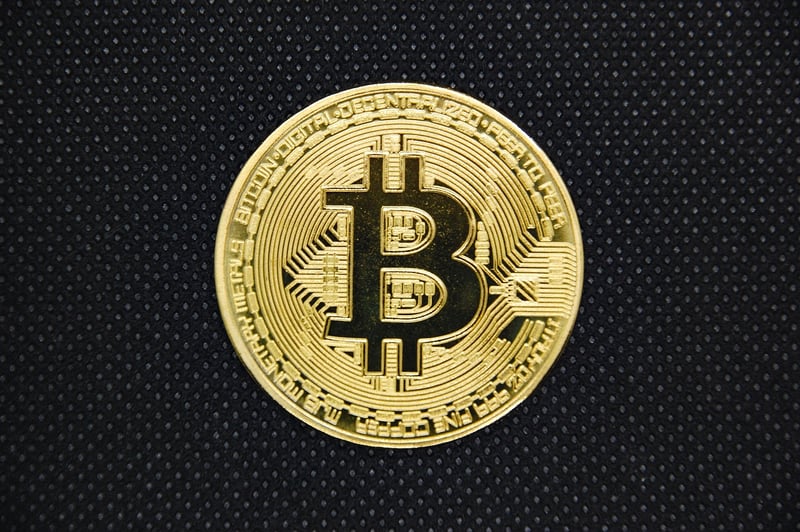Tokenization
The Evolution of Digital Currency and Tokenization
Over the years, digital currencies have revolutionized the way we perceive and use money. From the inception of Bitcoin in 2009 to the rise of various altcoins and stablecoins, the landscape of financial transactions has seen a significant shift. Alongside this evolution, the concept of tokenization has emerged as a disruptive force in the world of finance. Let's delve into the journey of digital currency evolution and the role of tokenization in shaping the future of finance.
Digital Currency Evolution
Bitcoin, created by an anonymous person or group known as Satoshi Nakamoto, introduced the world to the concept of a decentralized digital currency. Based on blockchain technology, Bitcoin enabled peer-to-peer transactions without the need for intermediaries like banks. This groundbreaking innovation laid the foundation for a plethora of digital currencies that followed.
Subsequent cryptocurrencies like Ethereum, Ripple, and Litecoin brought forth unique features such as smart contracts, fast transaction speeds, and scalability. These digital assets gained traction among users and investors, fostering a growing ecosystem of blockchain-based financial instruments.
The Rise of Stablecoins
Stablecoins entered the scene to address the price volatility that often plagues traditional cryptocurrencies like Bitcoin. Tether (USDT), USD Coin (USDC), and DAI are examples of stablecoins pegged to fiat currencies like the US Dollar. These digital assets provide stability by maintaining a 1:1 ratio with their underlying assets, making them suitable for everyday transactions and value storage.
Tokenization: Transforming Assets into Tokens
Tokenization involves converting real-world assets like real estate, art, or commodities into digital tokens on a blockchain. These tokens represent ownership or a portion of the asset, enabling fractional ownership and increased liquidity. Tokenization opens up new possibilities for investors to access previously illiquid assets and trade them seamlessly on digital asset exchanges.
Benefits of Tokenization
- Liquidity: Tokenization enhances the liquidity of traditionally illiquid assets, allowing investors to buy and sell fractional ownership stakes.
- Accessibility: Tokenization enables global access to investment opportunities that were once restricted to a limited group of investors.
- Transparency: Blockchain technology ensures transparent ownership records and immutable transaction histories, enhancing trust among participants.
Future Implications
The convergence of digital currency evolution and tokenization is reshaping the financial industry. As blockchain technology continues to mature and regulatory frameworks evolve, we can expect to see increased tokenization of assets and the emergence of new financial instruments. The democratization of finance through tokenization holds the potential to revolutionize traditional investment models and create a more inclusive financial ecosystem.
Embrace the future of finance with digital currencies and tokenization, where innovation knows no bounds.


